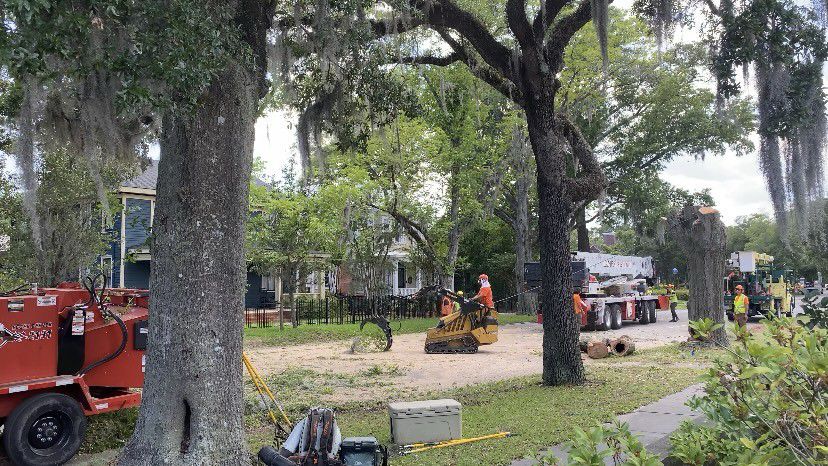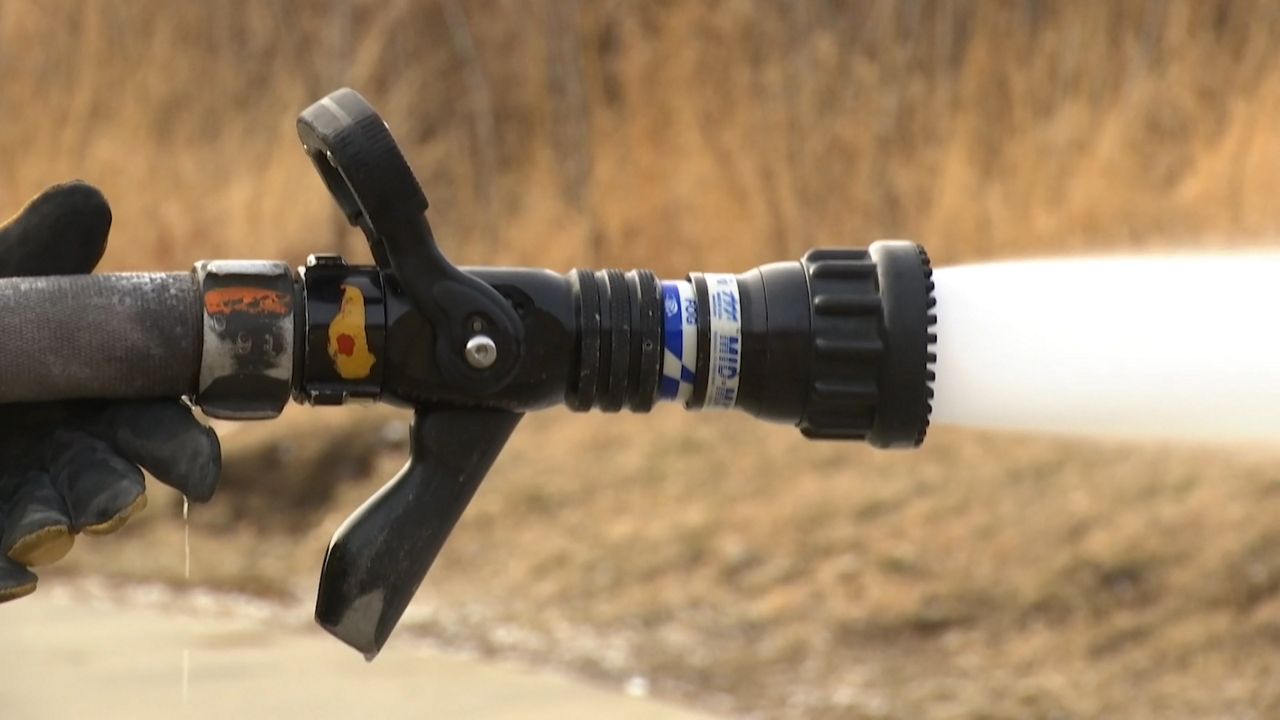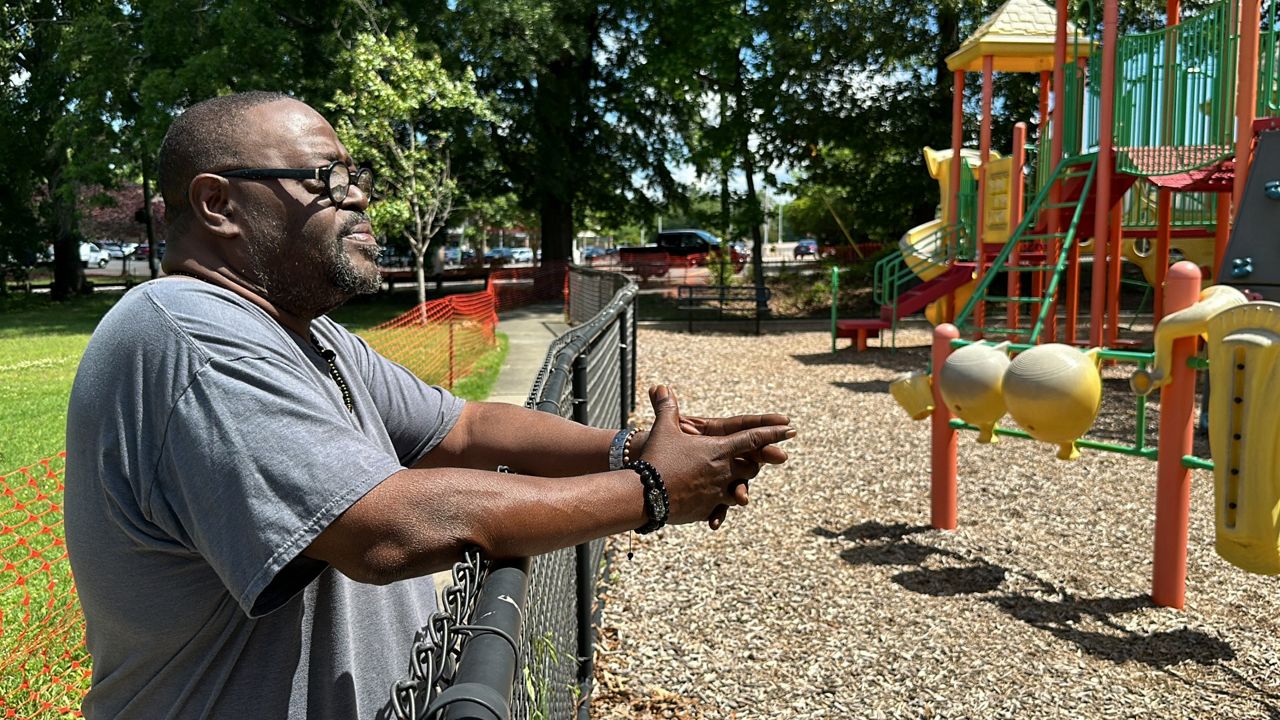DURHAM COUNTY, N.C. – On Tuesday night, Durham city and county officials voted unanimously to reject a new housing development along Kemp Road made up of almost 650 homes. Some environmental advocates are applauding the decision to reject the project.
On Wednesday, Sam Krop, the Neuse riverkeeper for Sound Rivers, dropped a turbidity monitor into a Durham tributary.
“The reading that we got last time was about 100 and so today we’re getting 380, 390, 400,” Krop said. “It shows us how dirty the water is, how much of the stuff that’s on the side of the land is running off into the creek and mixing in with the water.”
For reference, Krop says the ideal reading for drinking water would be a 10 on the Formazin Nephelometric Unit (FNU) scale.
On this particular day, the water at that tributary was also orange, and Krop has a good idea of what’s causing that.
“Pretty much there’s a network of 11 ongoing permitted development sites that are happening in this immediate drainage. So all of those areas, the groundbreaking work that’s being doing, all the sediment on the ground when a big rain comes in, all of that runs into this watershed, this creek segment,” Krop said.
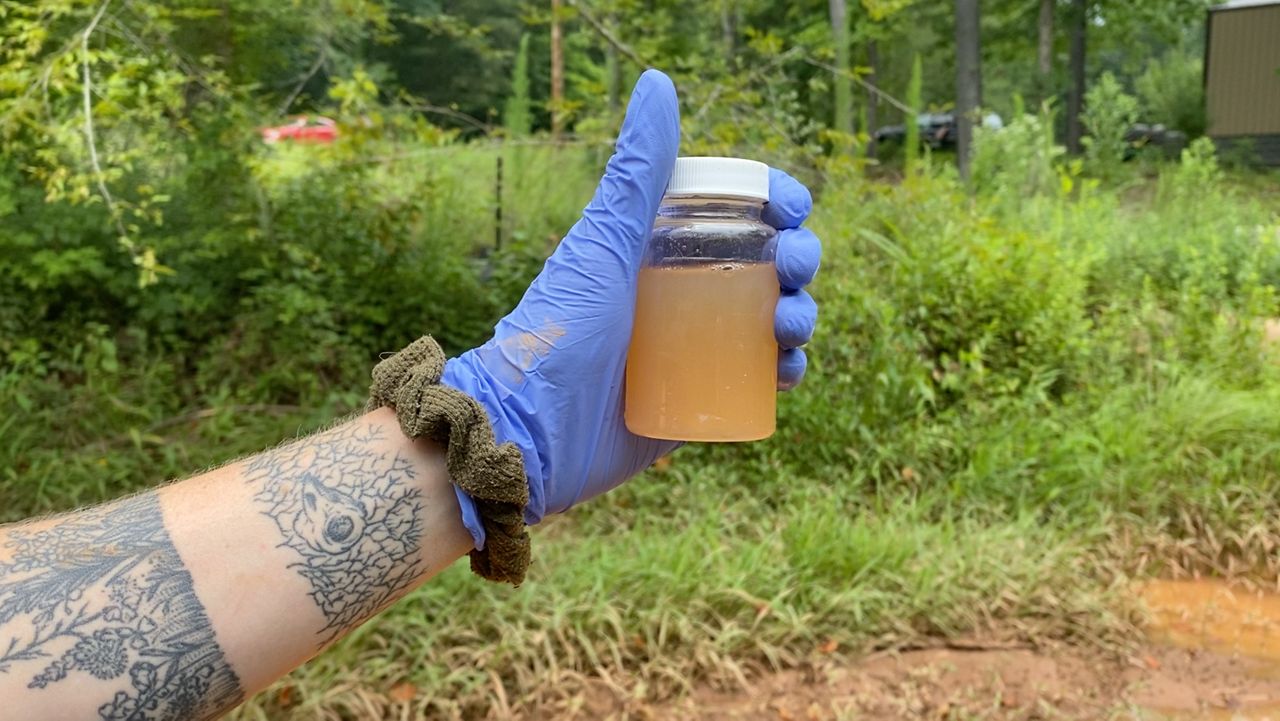
“It’s not hosting the aquatic life that it should be, and it can’t. All of the sediment that’s coming into the creek is contributing to that problem if not causing that problem in the first place. When Lick Creek was listed initially as being biologically impaired, one of the primary contributing factors is listed as ongoing development,” Krop said.
Pamela Andrews, the founder of Preserve Rural Durham, was the first to call Krop to check on that tributary area. Andrews is a retired science teacher who has lived in Durham all her life.
She’s recently been visiting these waterways and documenting their conditions, focusing on the alarming color she sees.
“It is heavy, heavy red tomato soup. Today is not as … it’s medium tomato soup. But after every rain, we get heavy soup, and I come out and document it,” Andrews said.
To prevent this situation from getting worse, Andrews and Krop were among the people to voice their concerns about a proposed housing development along Kemp Road.
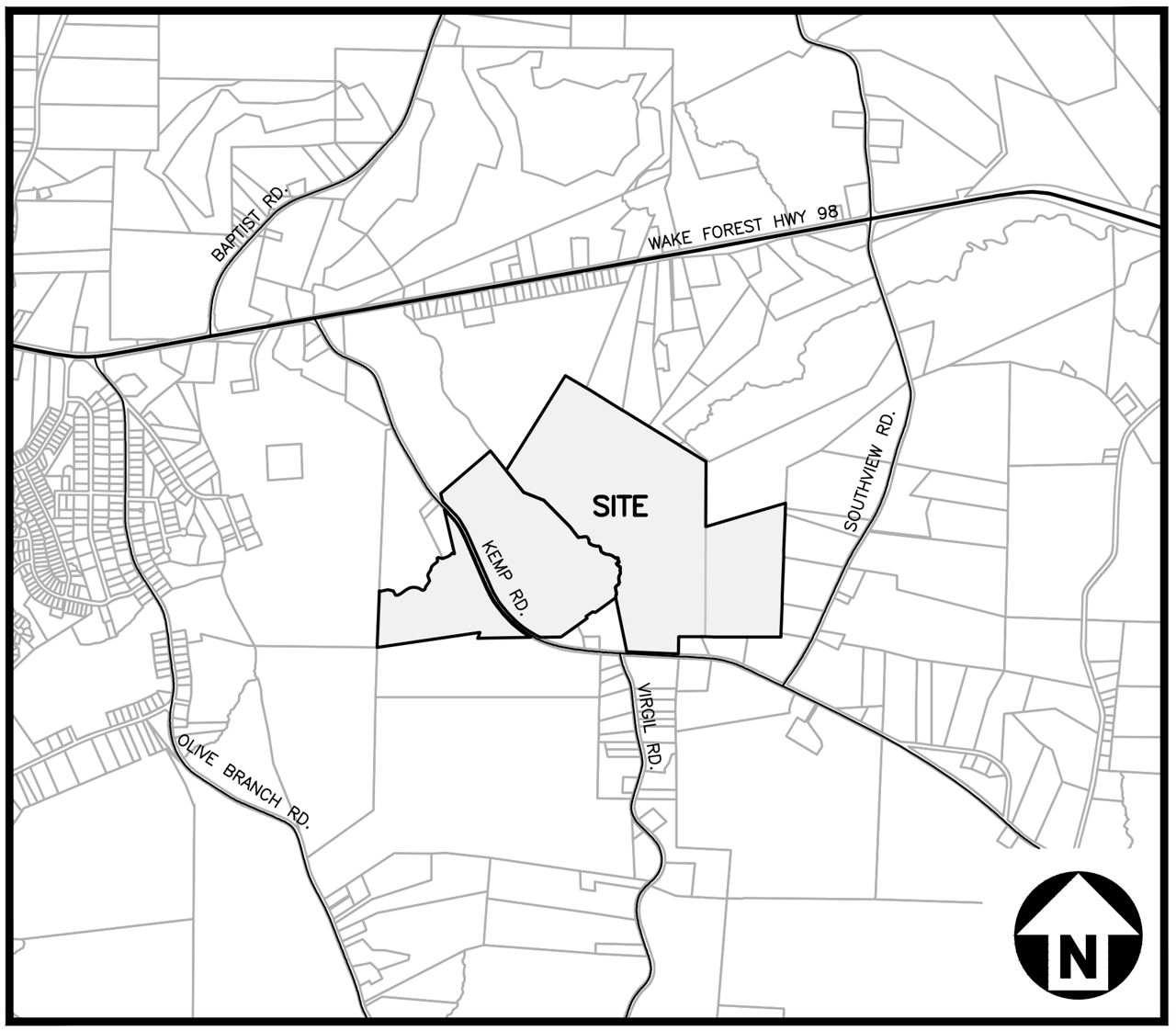
“We think that out of a lot of the stuff that’s happening right now, a lot of developments that are happening, this one was especially egregious considering the community uprising against it, considering community involvement, considering adjacency to the creek, which is an important waterway and also considering the whole scale and scope of the whole thing,” Krop said.
“I think what community members are asking and certainly myself as a riverkeeper is asking is to do that development with the health of the watershed and the health of communities who rely on the water at the forefront of those choices,” Krop said.
While the planning commission voted against it, Andrews is worried this won’t be her last fight.
“When we take away the quality of our water, which we have to have to sustain life on this planet, what are we doing? We have to step back and think,” Andrews said. “Yes, people want to move here but we also have to take care of those that are already here and our planet.”
The conversation about this proposed development is not over. Even though the city-county planning commission voted against it, the city council will have another hearing, likely after September.








